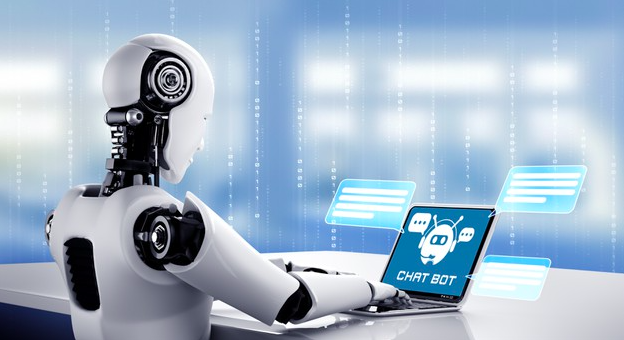As an AI language model, a Chatbot can help you generate text content for a podcast episode script or transcript, but is not capable of creating a podcast episode by itself. However, there are several text-to-speech (TTS) software and tools available that can convert text into audio files, which can be used to create a podcast episode.
TTS technology has advanced significantly in recent years, and some TTS tools are capable of generating natural-sounding voices and intonations that can simulate human speech. However, it's important to note that TTS technology still has limitations, and the generated audio may not be as nuanced or expressive as human speech.
There are also AI-powered platforms and tools available that can assist in creating podcasts by analyzing existing content, selecting relevant clips, and assembling them into a cohesive episode. These tools may use natural language processing, machine learning, and other AI technologies to analyze content and generate new material, such as summaries or show notes.
In summary, while a chatbot may not be able to create a podcast episode by itself, there are several AI-powered tools and platforms available that can assist in creating podcasts or generating new content.
Sunday, April 23, 2023
Does Microsoft Have A Chatbot?
Yes, Microsoft has several chatbots, including their popular chatbot called "Microsoft Bot Framework". This is a development platform that allows developers to create and deploy chatbots for a variety of applications such as customer support, scheduling appointments, and providing recommendations to users.
Additionally, Microsoft also has several chatbots that are integrated into their products, such as Cortana, which is a virtual assistant available on Windows 10, and Xiaoice, which is a social chatbot used in China.
Microsoft's chatbots are designed to provide automated assistance and support to users in a variety of scenarios, and they use advanced natural language processing and machine learning algorithms to simulate human-like conversation and respond to user inquiries. These chatbots are continuously being improved and updated with new features and capabilities to provide better experiences to users.
Additionally, Microsoft also has several chatbots that are integrated into their products, such as Cortana, which is a virtual assistant available on Windows 10, and Xiaoice, which is a social chatbot used in China.
Microsoft's chatbots are designed to provide automated assistance and support to users in a variety of scenarios, and they use advanced natural language processing and machine learning algorithms to simulate human-like conversation and respond to user inquiries. These chatbots are continuously being improved and updated with new features and capabilities to provide better experiences to users.
Is Chatbot Legit?
Yes, chatbots can be legitimate tools used by businesses to provide automated customer support and assistance. Chatbots are programmed to simulate human conversation and respond to user inquiries, providing a range of services such as answering frequently asked questions, providing product recommendations, and processing transactions.
However, like any technology, chatbots can also be used maliciously or inappropriately, such as in phishing or scamming attempts. It is important to be cautious when interacting with chatbots, particularly if they request sensitive information or ask you to perform actions that seem suspicious or out of the ordinary.
To ensure that you are interacting with a legitimate chatbot, it is important to verify the source of the chatbot and the company or organization it is affiliated with. Most legitimate chatbots will have branding and design consistent with the company or organization that they represent, and they will not ask for sensitive information or request that you perform actions that are not related to their intended purpose.
In summary, chatbots can be legitimate tools used by businesses to provide automated customer support and assistance, but it is important to be cautious and verify the source of the chatbot to ensure that you are interacting with a legitimate tool.
However, like any technology, chatbots can also be used maliciously or inappropriately, such as in phishing or scamming attempts. It is important to be cautious when interacting with chatbots, particularly if they request sensitive information or ask you to perform actions that seem suspicious or out of the ordinary.
To ensure that you are interacting with a legitimate chatbot, it is important to verify the source of the chatbot and the company or organization it is affiliated with. Most legitimate chatbots will have branding and design consistent with the company or organization that they represent, and they will not ask for sensitive information or request that you perform actions that are not related to their intended purpose.
In summary, chatbots can be legitimate tools used by businesses to provide automated customer support and assistance, but it is important to be cautious and verify the source of the chatbot to ensure that you are interacting with a legitimate tool.
Subscribe to:
Posts (Atom)



